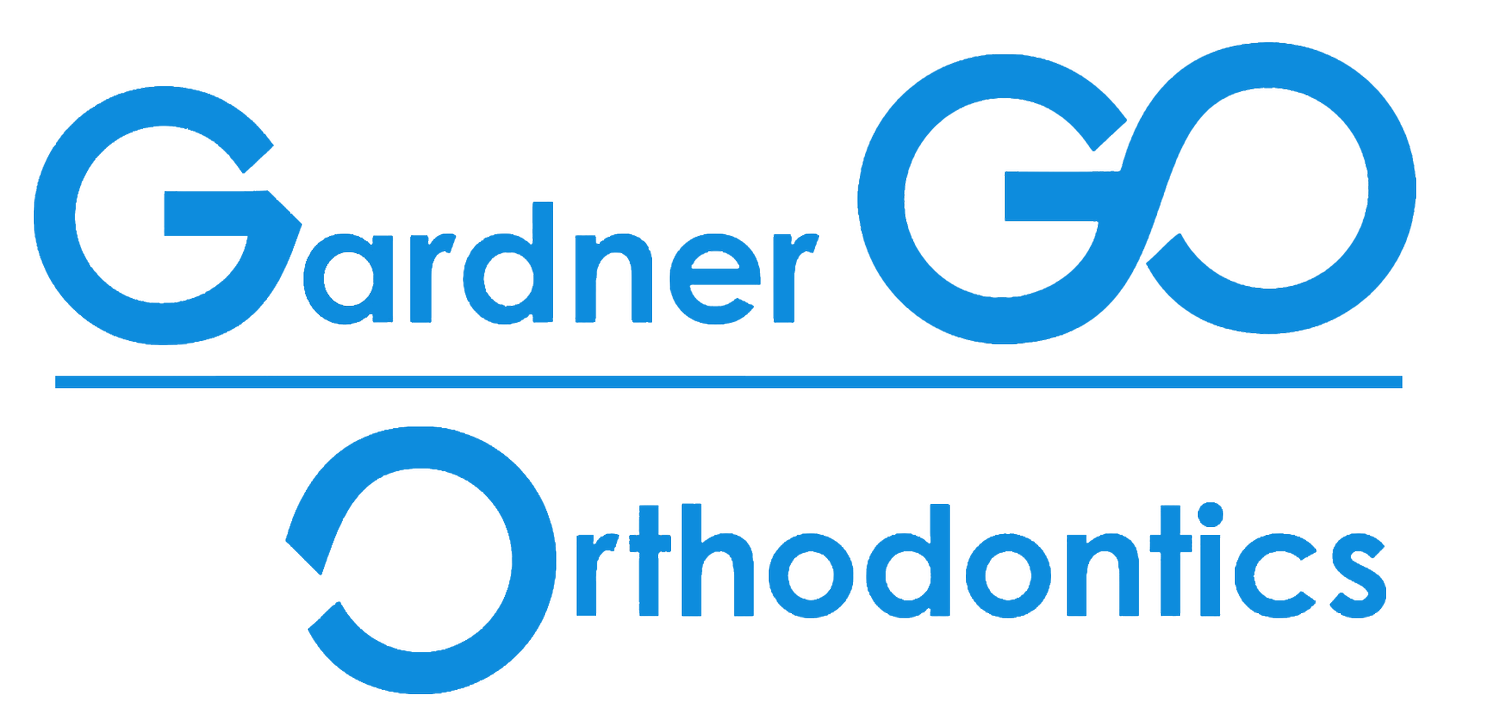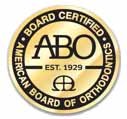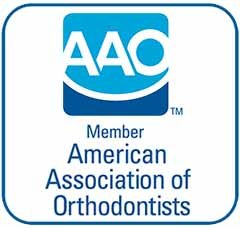Braces Emergencies
True orthodontic emergencies could be considered rare, but occasionally minor problems can cause minor discomfort. As a general rule, you should call the office when you experience severe pain or when you have a painful appliance problem that you can’t take care of by yourself. We will be glad to help you schedule an appointment to resolve the problem as soon as possible.
In the event that an emergency occurs at night or over the weekend, you can call the office and you will be given an on-call emergency contact number.
You might be surprised to learn that you may be able to temporarily solve many problems yourself until you can make it to the office.
What problem are you having?
Broken or loose bracket
A bracket is considered broken when you can see that it’s off centered and it can slide back and forth along the wire. If the bracket is not causing discomfort, it can be left in place. In this case, you may wish to place orthodontic wax to minimize the movement of the loose bracket.
If the loose bracket has rotated on the wire (you can’t see the “O” ring) and is sticking out, using your fingers and a pair of tweezers you may attempt to turn it back into its normal position. Apply wax to minimize movement of the loose bracket.
If the bracket becomes extremely bothersome, you may attempt to remove the bracket from the wire. Using a pair of tweezers or a small unbent paper clip, remove the “O” ring (the “O” ring is the small, usually colored, elastic holding the brace to the wire) from the bracket. Slide the bracket to the area between the tooth it was originally attached to and an adjacent tooth to give you some clearance, and then remove the bracket from underneath the wire.
Poking or broken wire
If the wire breaks or it’s poking your cheeks or soft tissue, try covering it with orthodontic wax to protect the cheek.
You may also try move it away from the irritated area with a cotton swap (Q-tip) or a pencil eraser. Gently push the wire towards the tooth and away from the soft tissue or into a comfortable position.
If the wire is extremely bothersome and the patient cannot make it to the office soon enough, you may attempt to cut the wire using a pair of fingernail clippers. Cut the wire against the next brace it is attached to. Reduce the possibility of swallowing the snipped piece of wire by using folded tissue of gauze around the area to catch the piece you will remove. You may still need to use orthodontic wax to provide comfort to the irritated area.
Poking wire ligature
Sometimes to secure the brace to the wire we twist a very small stainless steel ligature around it. If the twisted end of ligature is moved, it may start to feel sharp. If this happens, use a Q-tip or a pencil eraser and gently push it towards the tooth and away from the soft tissue to a comfortable position.
Archwire has come out of the last bracket
If the wire has come out of the last bracket and is not poking the gums or the cheek, simply let it be. If it is poking the gums or cheek, using a pair of tweezers, gently reinsert the wire back into the bracket or bracket tube. If you are unable to reinsert it, then you may try either placing the wire above or below the bracket. You may also need to apply some wax to help secure it in place and to provide comfort.
Lost separator
If a separator/spacer is lost, try replacing it with floss (see pictures). If you are unable to replace it, it may indicate that there is plenty of space and the separator has done its job. If it is convenient for you to call and drop by the office, we can check to see if it needs to be replaced. If not, do not worry about it and simply come to your next scheduled appointment.
Step 1: Thread a piece of dental floss thru the center of the separator
Step 2: Double the floss back on itself. Repeat this with one more piece of floss.
Step 3: Hold one piece of floss on either side of the separator. Slide the floss between the teeth where the separator has come out.
Step 4: Pull the separator through the contact. Keep a finger on the replaced separator. Gently pull on one end of the double back piece of floss and pull it out of the mouth. Do the same for the other piece of floss.
Loose expander
If the expander becomes loose, call us immediately. Please do not turn or activate it until you are seen in the office. If only one side has come loose, the expander can be pushed back onto the tooth until you can make it into our office. If both sides are loose, take the expander completely out of the patient's mouth and bring it with you to your appointment.
Loose space maintainer
If the space maintainer becomes loose, call us immediately. If only one side has come loose, the space maintainer can be pushed back onto the tooth until you can make it into our office. If both sides are loose, take the space maintainer completely out of the patient’s mouth and bring it with you to your appointment.
Sharpness felt on the tongue side of a brace or band
Rarely the tongue side of a back brace or band may feel sharp. Many times you may solve this problem by taking a spoon or pencil eraser and pushing the irritating portion back towards the brace or band. You may also place wax on the area. If this does not solve the problem, please call the office to schedule an appointment.
Discomfort and initial soreness
It is normal to have discomfort for three to five days after your braces, retainers, or any other orthodontic appliances are adjusted. Although temporary, it can make eating uncomfortable. Eat soft foods and you may rinse with warm salt water. Over the counter pain relievers such as acetaminophen or ibuprofen may be effective.
At the first sign of a sore developing on your lip or inside of your cheek, be sure to place wax on the brace that comes into contact with the area. If an ulcer (canker sore) does develop, prompt relief may be achieved by applying a small amount of topical anesthetic (such as Orabase or Ora-Gel) directly to the ulcerated surface using a cotton swab.
To make a salt water rinse, dissolve one teaspoon of salt in 8 ounces of warm water, and rinse you mouth vigorously. If the soreness is extremely severe, please call the office immediately.









